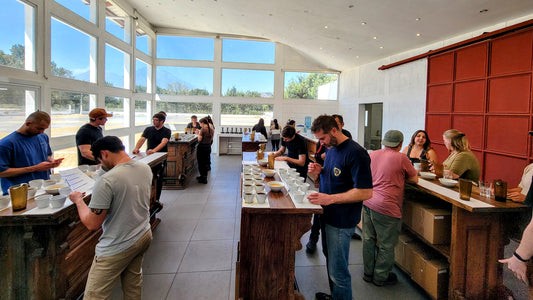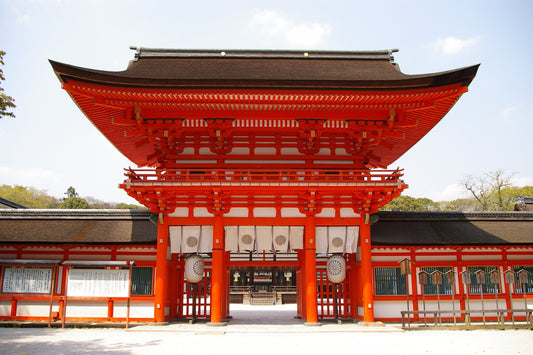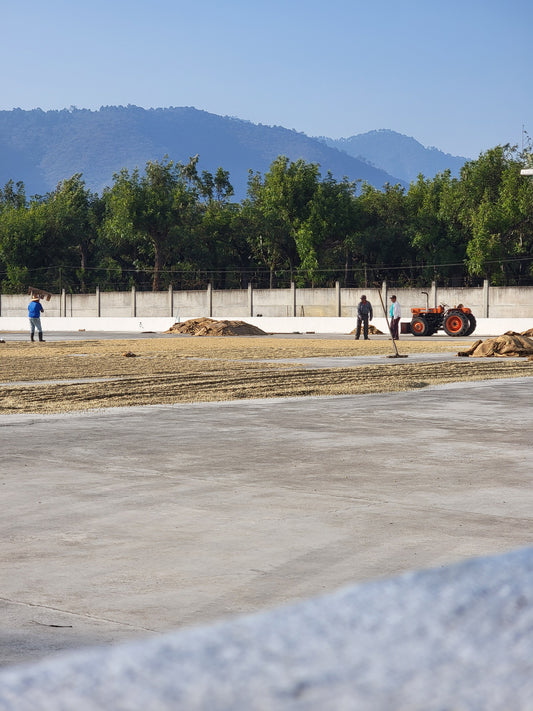The Chemistry of Flavor

The flavor of coffee is the result of a complex interplay between hundreds of different chemical compounds. These compounds are found in the green coffee beans, which are the seeds of the coffee cherry. When the beans are roasted, the heat causes a series of chemical reactions that produce the distinctive flavors and aromas of coffee.
One of the most important groups of flavor compounds in coffee are the volatile aromatics, which are responsible for the rich and complex aromas of coffee. These compounds are released when the coffee is brewed, and they are responsible for the delicious and inviting aromas of freshly brewed coffee. Some of the most important volatile aromatics in coffee include:
Acetaldehyde: This compound is responsible for the sweet, fruity aromas of coffee. It is also present in other fruits and beverages, including apples and beer.
2-Methylpropanal: This compound is responsible for the nutty, toasty aromas of coffee. It is also present in roasted nuts and toasted bread.
Methanol: This compound is responsible for the spicy, herbal aromas of coffee. It is also present in other plants and herbs, including mint and thyme.
Pyrazines: These compounds are responsible for the earthy, smoky aromas of coffee. They are also present in other roasted foods, including nuts and potatoes.
Furans: These compounds are responsible for the caramel, toffee-like aromas of coffee. They are also present in other sweet and baked goods, including cookies and pie crust.
Another group of flavor compounds in coffee are the non-volatile compounds, which are responsible for the body and mouthfeel of coffee. These compounds are not released into the air like the volatile aromatics, but they are still an important part of the overall flavor of coffee.
Some of the most important non-volatile compounds in coffee include:
Trigonelline: This compound is responsible for the bitter and spicy flavors of coffee. It is also present in other plants and herbs, including fennel and cardamom.
Caffeine: This compound is responsible for the stimulating and energizing effects of coffee. It is also present in other plants and beverages, including tea and cocoa.
Chlorogenic acids: These compounds are responsible for the astringent and sour flavors of coffee. They are also present in other fruits and vegetables, including apples and potatoes.
Lipids: These compounds are responsible for the mouthfeel and body of coffee. They are also present in other fatty foods, including milk and nuts.
One of the most interesting things about the chemical complexity of coffee is that different processing methods can produce very different flavor profiles. For example, natural processed coffee tends to have a heavy body and complex flavors, while washed processed coffee has a cleaner, brighter flavor profile. The type of processing used can have a significant impact on the flavor of the final cup of coffee.
The chemical complexity of coffee also means that it can be paired with a wide variety of foods and flavors. Coffee is often paired with sweet and rich foods, such as chocolate and desserts, to balance out the flavors and create a harmonious and satisfying experience. Coffee can also be paired with savory and spicy foods, such as cheeses and meats, to enhance and complement the flavors of both the food and the coffee.
The chemical complexity of coffee also makes it a fascinating subject for scientific research. Researchers are constantly studying the chemical compounds in coffee, looking for new and interesting flavor compounds, as well as ways to improve the flavor and quality of coffee.
Coffee is an incredibly complex and chemically rich beverage. It has more flavor compounds than even wine, and these compounds contribute to the rich and varied flavors of coffee. Different processing methods can produce very different flavor profiles, making coffee a fascinating and endlessly complex beverage to explore and enjoy. The chemical complexity of coffee also means that it can be paired with a wide variety of foods and flavors, making it a versatile and delicious addition to any meal or occasion.




 Group Cuppings
Group Cuppings